WHEN LISSETH MORAGA arrived to the U.S. from her native Guatemala she was 10 years old. Her family settled in Chicago, on the north side in Rogers Park. Moraga, now 48, works as a crossing guard for the City of Chicago, and also part-time as a school monitor and helper at George B. Armstrong Elementary School in Rogers Park, where she still lives. She defines her ethnicity as Latino, identifies as a female, and goes by she/her/hers.
What do you think of the term Latinx to identify people of Latin American or Spanish background?
Honestly, this would be the first time I have heard of this word and discussed it. I heard the word mentioned on the news before and how it’s caused controversy in the Latino community but I never took the time to understand why. After getting a little background from you, I guess it’s a good way to include everyone in the community but I also feel that it’s a new generation thing. I wouldn’t really go around saying I’m Latinx, I prefer Latina or Latino.
Do you feel like Latinx is just an excuse for corporations to lump all Latino cultures together?
In a way yes, I do feel like it’s another easy way to clump up the Latino community as one whole unit. It’s really unfair how one word can cause someone to think of all the Latino cultures as one. There are so many different beliefs, fashion, food, norms, and so much more that makes each Latino culture unique [that] it really should not be clumped as one.
Has your experience as a Latinx person isolated you to the way you grew up, or have you been able to branch out culturally?
Since I grew up in Rogers Park, it was a pretty diverse area with plenty of Latinos, so I really didn’t feel too left out. I attended Sullivan High School and the majority of my friends were Latino. I also had friends of different races, too. Once I graduated high school and got to meet more people around Chicago. My friends group changed to a larger mixture of different races. So I guess you can say I grew up very culturally diverse.
“Speaking Spanish and understanding it is a great advantage for me especially when it comes to work.”
How have these labels changed from your country of birth and now living in the U.S?
I left my country at the age of 10 so I don’t really have much to say on labels. I was too young to really understand that concept. All I remember was being very scared because I did not speak or understand English. That was a barrier for me.
How do you navigate U.S. culture? What type of culture shock have you experienced?
I feel that the only cultural shock I experienced was the language barrier. All I knew was Spanish because of my parents and brother. The elementary school I went to was not suited for bilingual speakers, but I still managed to learn English. Navigating the U.S culture was not too hard for me because I grew up adapting to everything since I was young and sociable. A lot of the kids around were in my age group, whether it be at school or in my neighborhood, so I learned a lot from them as well.
Do you speak Spanish? How do you view Spanish as an attribute of your identity? How important it is?
Yes, I do speak Spanish—it is my first language. In a way, after coming to America and growing up at a young age, I feel at this point I speak more ‘Spanglish’ than Spanish. Speaking Spanish and understanding it is a great advantage for me especially when it comes to work. I work at jobs that require Spanish at some point. It becomes a useful tool to communicate and help others. It’s also something I am glad I passed along to my children to continue.
Would you say your culture is “better” than someone else’s who is of a different ethnicity or country?
I have a lot of friends that are very patriotic when it comes to their country. I choose not to be overly patriotic about my country because I don’t feel like I’m in a position to compare and make my culture seem better than someone else’s. In my eyes, that’s just being very ignorant.
Does cultural appropriation bother you?
It does bother me to see that white people take others’ beliefs and cultures and either make it a trend or ‘Americanize” something that really isn’t considered a part of your culture. I understand when others are being creative with foods and events but at times sometimes, the people, culture or country are not given credit, which is unfair.

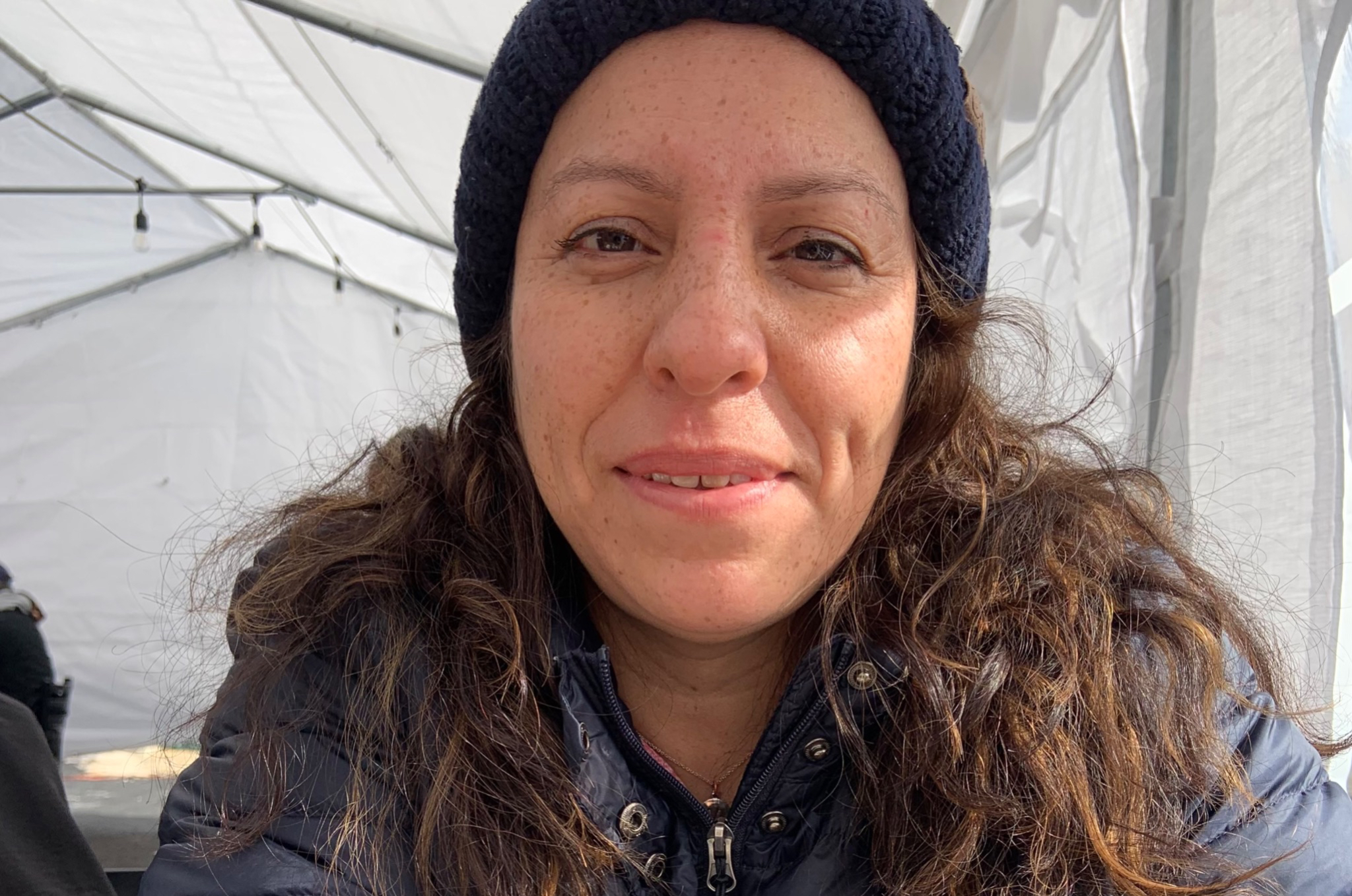
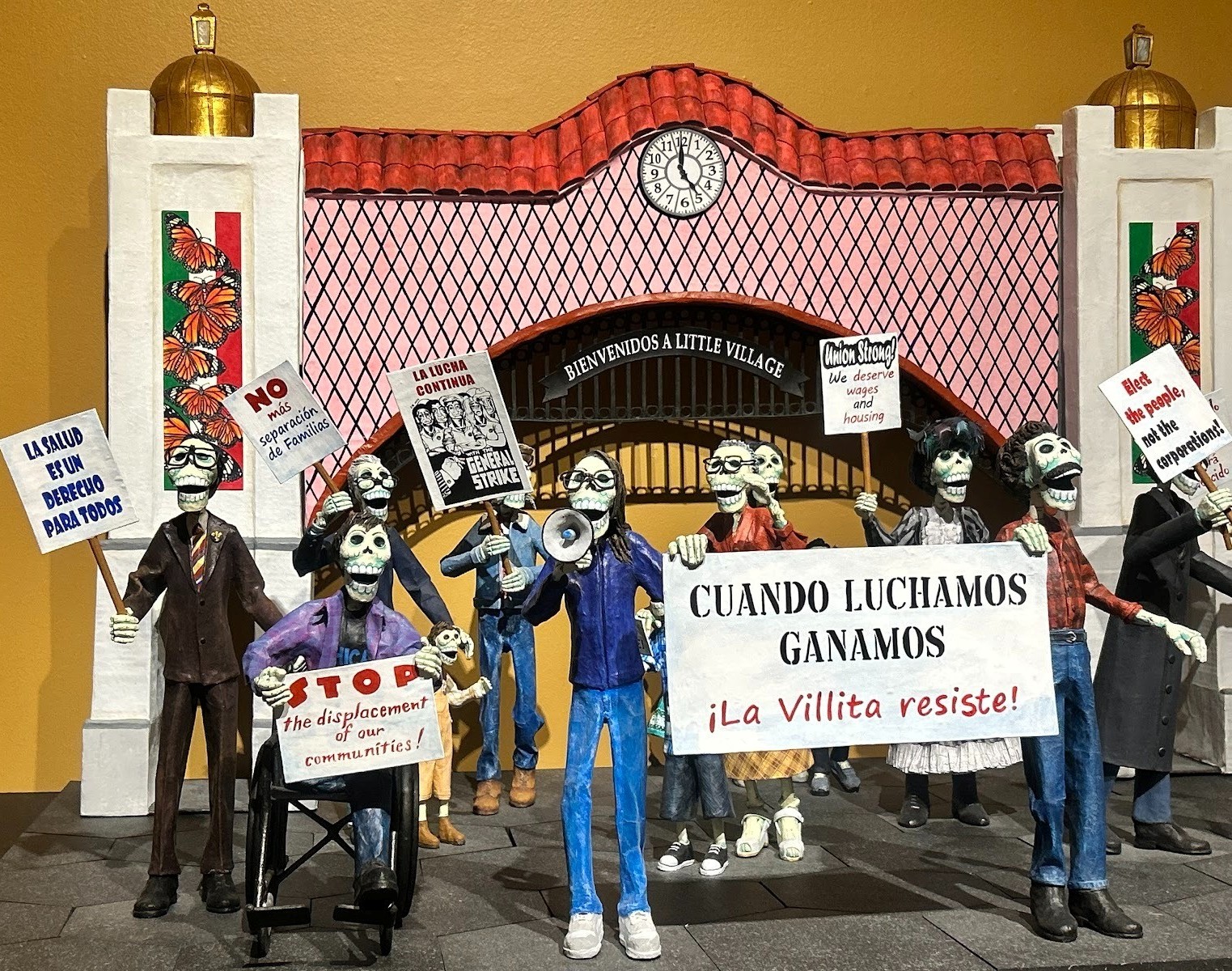

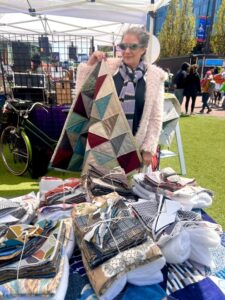
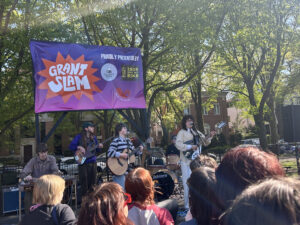

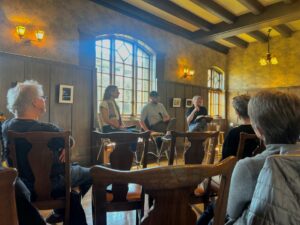

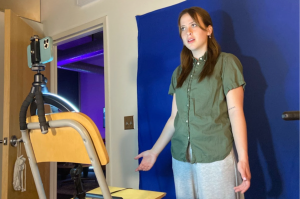


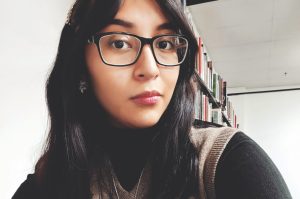


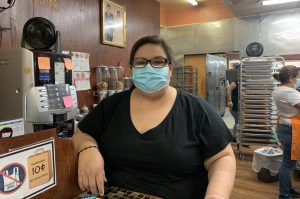

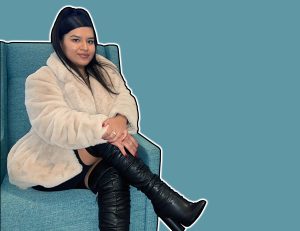
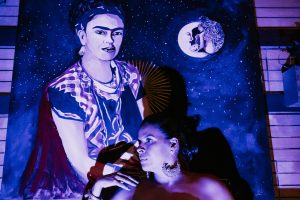
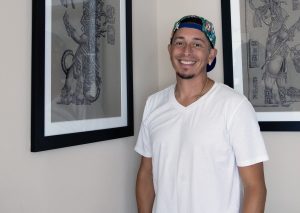
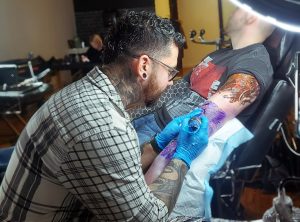
Be First to Comment